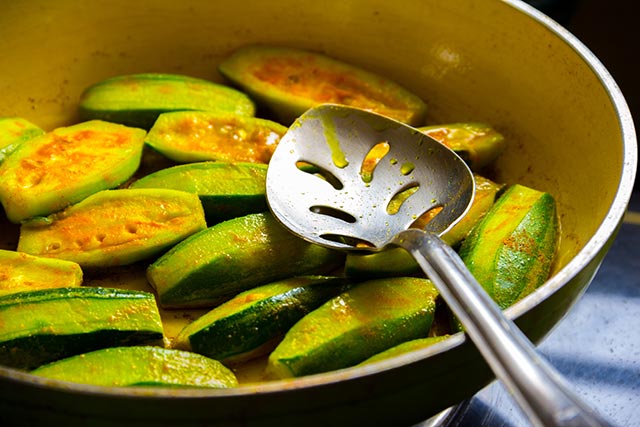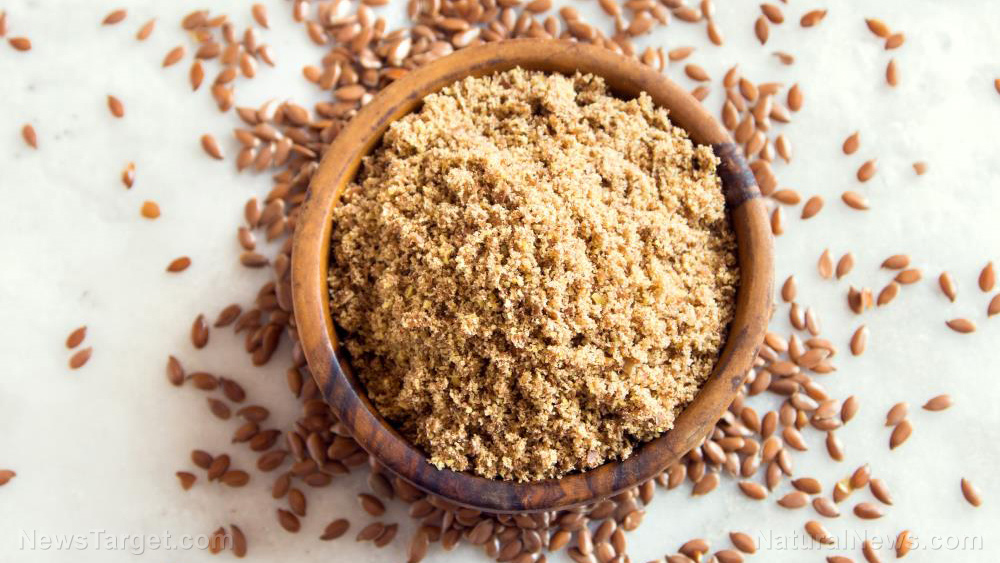Shiitake mushrooms are a powerful medicinal superfood
04/16/2019 / By Michelle Simmons

A study published in the journal BMC Complementary and Alternative Medicine found that a formulation of fermented shiitake mushroom with added rice bran can inhibit the growth of Salmonella typhimurium in infected mouse organs. In the study, researchers developed a novel antimicrobial food-compatible formulation.
- A team of researchers from Korea and the U.S. examined the effect of the formulation of fermented shiitake mushroom with added rice bran in murine macrophage cells and in mice.
- Rice plants produce bioactive rice brans and hulls, while mushrooms produce bioactive polysaccharides and other compounds. These food components have been shown to have numerous potential health benefits in cells, rodents, and humans.
- Fermenting mushroom mycelia with rice bran appear to have bioactive compounds not present in the same combination of mycelia and rice bran that was not fermented.
- The extracts of the product suppressed the growth of the pathogen in infected macrophage cells and in different mouse organs, such as cecum, mesenteric lymph node, spleen, and liver.
- The extracts promoted the uptake of the bacteria into macrophage cells.
- They also promoted the upregulation of protein expressions that induced bacterial destruction in autolysosomes of RAW 264.7 cells.
- The treatment also induced increased excretion of bacteria in feces and their decreased translocation to internal organs.
- Overall, the extracts’ antibiotic mechanism involves the phagocytosis of extracellular bacteria, autophagic capture of intracellular bacteria, and the prevention of transferring of bacteria across the intestinal epithelial cells.
These findings suggest that fermented shiitake mushroom mycelia with rice bran can be used as a functional antimicrobial food and medical antibiotic.
You can read more studies on functional food at FoodScience.news.
Journal Reference:
Kim SP, Lee SJ, Nam SH, Friedman M. THE COMPOSITION OF A BIOPROCESSED SHIITAKE (LENTINUS EDODES) MUSHROOM MYCELIA AND RICE BRAN FORMULATION AND ITS ANTIMICROBIAL EFFECTS AGAINST SALMONELLA ENTERICA SUBSP. ENTERICA SEROVAR TYPHIMURIUM STRAIN SL1344 IN MACROPHAGE CELLS AND IN MICE. BMC Complementary and Alternative Medicine. 5 December 2018; 18(322). DOI: 10.1186/s12906-018-2365-8
Tagged Under:



















